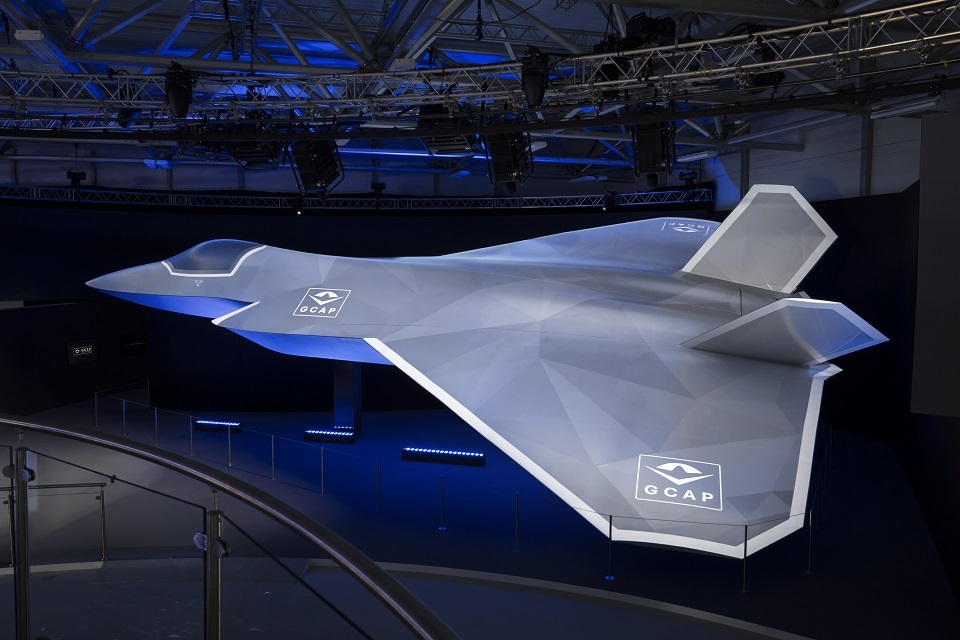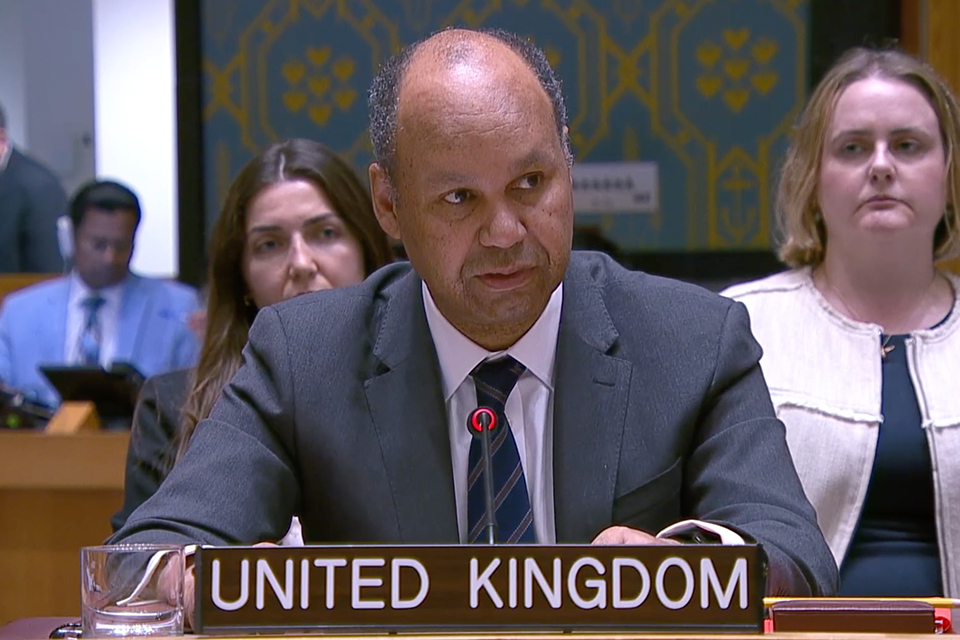The Future Combat Air System (FCAS) encompasses a series of highly integrated and aligned programmes and military capabilities.
This system will have a crewed aircraft at its heart. It will network and collaborate with a range of wider air and broader domain capabilities, including F-35, and use information systems, weapons and uncrewed collaborative combat air platforms to complete the capability.
Be part of a joint international programme
The Global Combat Air Programme (GCAP) is a trilateral acquisition programme launched with Japan and Italy to develop the core platform (aircraft) which will be at the heart of the UK’s and our partners’ future Combat Air systems. This joint international programme is a jointly funded and delivered international programme to develop and deliver a new fighter aircraft.
To put this challenge into context, when the current UK constructed fast jet, the Eurofighter (a fourth generation type) was being designed in the 1980s, the European car of the year was the Ford Escort. Our other current fast jet, the US-Built F-35 Lightning II (a fifth generation type) was designed in the 1990s, when the Fordo Mondeo was car of the year. The F-35 though has been described as a ‘Flying Software Testbed’ with significant PE and approximately 8 million lines of code.
What’s at the core of FCAS and GCAP
Programmable Elements (PE), especially software, are at the heart of FCAS and GCAP. The ability to perform frequent, sometimes rapid, software updates is also a critical part of achieving and sustaining operational effectiveness.
What the MOD PE team do
The Ministry of Defence (MOD) PE team has wide ranging responsibility, covering
- artificial intelligence (AI) and data
- applications
- operating systems
- virtualisation
- complex electronic hardware
Working with industry and international partner governments, they also strive to create and promote the environment in which quality PE are effectively delivered at pace.
Be part of building the sixth generation fast jet
GCAP will be a sixth generation fast jet, which will build on fifth generation properties, such as, low observability and systems integration, adding autonomy, but the key will be fast adaptability. And the only way to achieve this is through its PE quality to do so.
If you are interested in a challenging opportunity to use your PE skills to benefit one of the MOD’s highest priority acquisition programs and help get the UK’s next manned and unmanned fast jets flying safely and securely, we want to hear from you.
As part of the FCAS team, you’ll contribute to one of the most complex and fast-paced acquisition defence programmes to date. With the groundbreaking GCAP collaboration between the UK, Japan, and Italy, this initiative is set to deliver the state-of-the-art fighter jet, Tempest, by 2035.
This is an unparalleled opportunity to be part of a programme that is revolutionizing the UK’s combat air industry, supporting national security and economic growth. You’ll work at the cutting edge of technology, surrounded by a passionate team committed to excellence.
Apply to work for the (FCAS) programme
We will keep this page updated and add links when roles are available to apply for.
Benefits of working at Dstl
As well as a rewarding career in defence science and technology, the Defence Science and Technology Laboratory (Dstl) offers a wide range of benefits and training opportunities in a supportive, encouraging and flexible environment.







